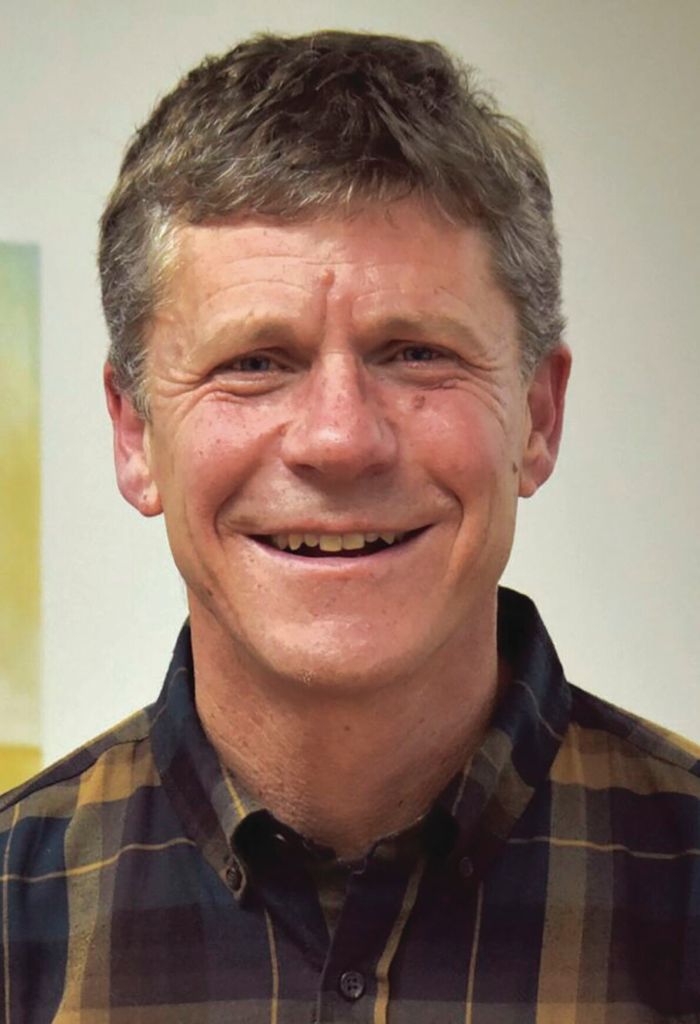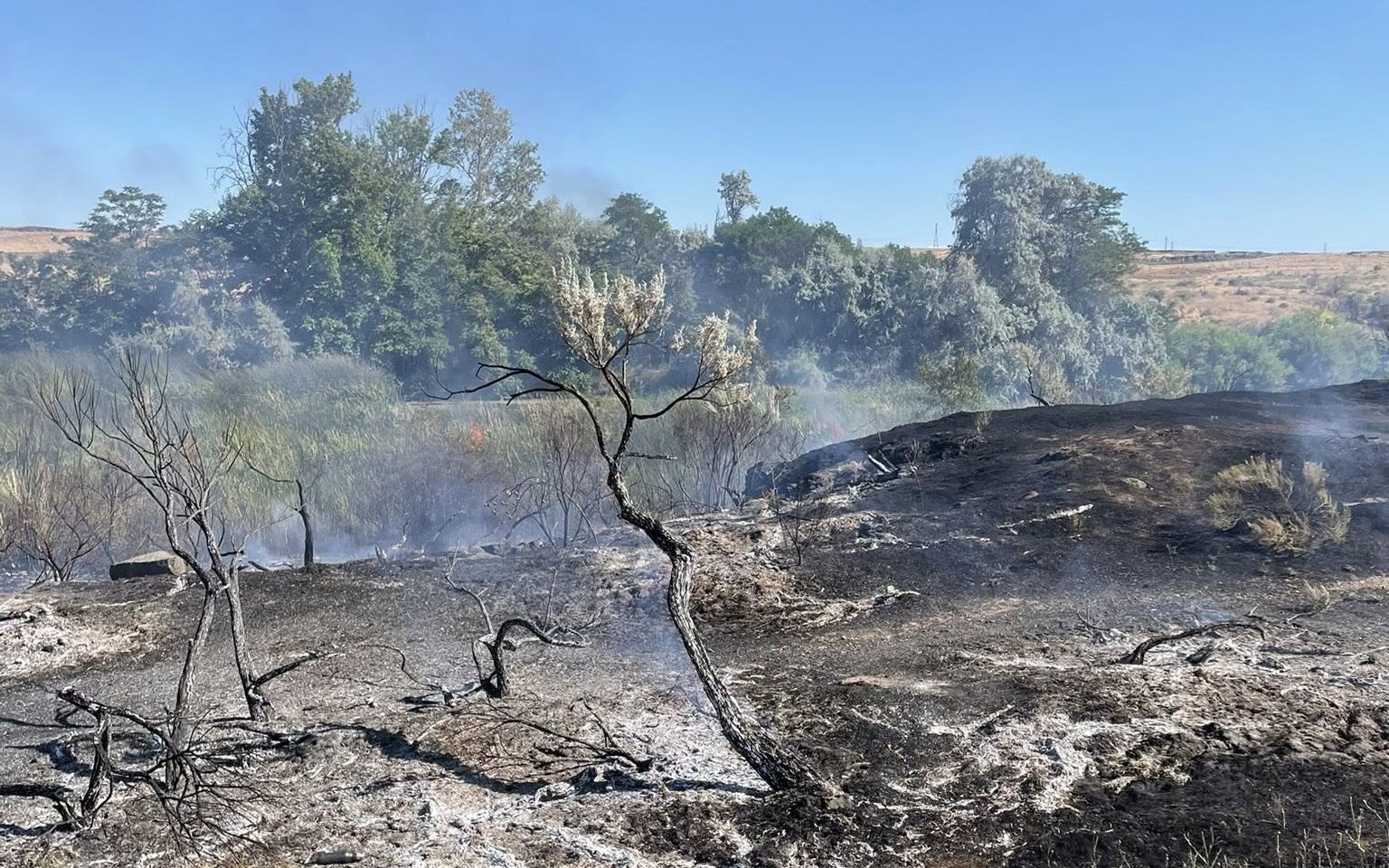Housing summit ponders funding issues
Published 7:00 am Saturday, December 16, 2023

- Christoffersen
ENTERPRISE — About 25 officials from government agencies and nonprofit organizations gathered recently to learn about three projects in Wallowa County that aim to boost the stock of affordable housing.
They also pondered an important question about those projects and others like them throughout Eastern Oregon — how to pay for them?
No checks were handed out at the end of the Northeast Oregon Housing Development Funding Forum, held Dec. 7 in Enterprise’s Hearts for Health Integrative Health Center.
But maybe just as important, connections were made among participants, said Nils Christoffersen, the executive director of the nonprofit organization Wallowa Resources.
“The introductions to key people at the various organizations were incredibly valuable,” Christoffersen said — and a little overwhelming: “They shared more information over a short period of time than many of us could effectively digest.”
Earlier this year, Wallowa Resources spun off a new nonprofit organization, Working Homes LLC, to search for solutions to the county’s shortage of workforce housing — that is, housing that working people can afford.
The meeting was a collaboration between Working Homes and the U.S. Department of Housing and Urban Development’s Oregon Field Office. But it also attracted representatives from state government agencies such as Business Oregon and the Department of Land Conservation & Development.
Staff members from U.S. Rep. Cliff Bentz’s office were on hand as well, as were officials from Community Connection of Northeast Oregon, the Northeast Oregon Economic Development District and Habitat for Humanity of Oregon. Wallowa County Commissioner John Hillock also participated.
Bryan Guiney, director of HUD’s Oregon Field Office, reminded the participants that $27 billion in new federal funding is available for the production and preservation of housing.
But that money, he said, often is tied to large, complicated programs with complex reporting requirements. Guiney said HUD wants to bring federal and state agencies and other potential funders “directly to rural communities to workshop housing projects and find the best match of funding with a community’s priorities.” The session in Enterprise was part of that effort.
Another goal of the event, he said, was to give local leaders “a chance to connect directly in person with the people who administer these programs at the state and federal level.”
To that end, representatives of city governments in Wallowa, Enterprise and Joseph briefed attendees on projects they’re working on with Working Homes:
• In the city of Wallowa, work continues to renovate an old five-bedroom, two-bath farmhouse; work on that house should be done in January 2024 and Working Homes plans to build another house on the property next year.
• In Enterprise, Working Homes has the downtown Enterprise Merchants & Mercantile Building under contract. The building holds 27 residential apartments; the goal is to preserve those apartments for workforce housing — and not allow them to be developed as vacation rentals or condominiums.
• In Joseph, Working Homes has under contract a 20-acre parcel and is exploring housing options for the land while working with the city and its residents on planning and conceptual development.
Participants in the session had the opportunity to tour the project sites at the end of the two-hour meeting.
Christoffersen said, “My sense was that the county and city representatives there were also appreciative of the opportunity, as I was, to meet and learn from all these entities and get contacts with people who can help in different ways, from direct assistance to housing development.”
Autumn Wilburn, who serves on the Enterprise Planning Commission, reminded participants of the challenges facing rural governments as they work on housing issues: Smaller governments have limited staff, often with limited experience in areas such as planning and writing applications for grants.
In the wake of the session, Christoffersen said, he’s already reaching out to organizations who were at the meeting who “seem most ready to help us.”
And HUD’s Guiney said the issue of housing was personal for him: His parents were park rangers, “and I grew up in rural communities that are just like Lostine, Wallowa, Joseph and Enterprise,” he said. “Housing is at the center of a community’s identity and an individual person’s independence and has a direct impact on health, economic and educational outcomes.
“With the amount of community need you have been sharing with us,” he said, “we don’t want to leave a single dollar of your state or federal resources on the table if there is a project that we can help fund.”






